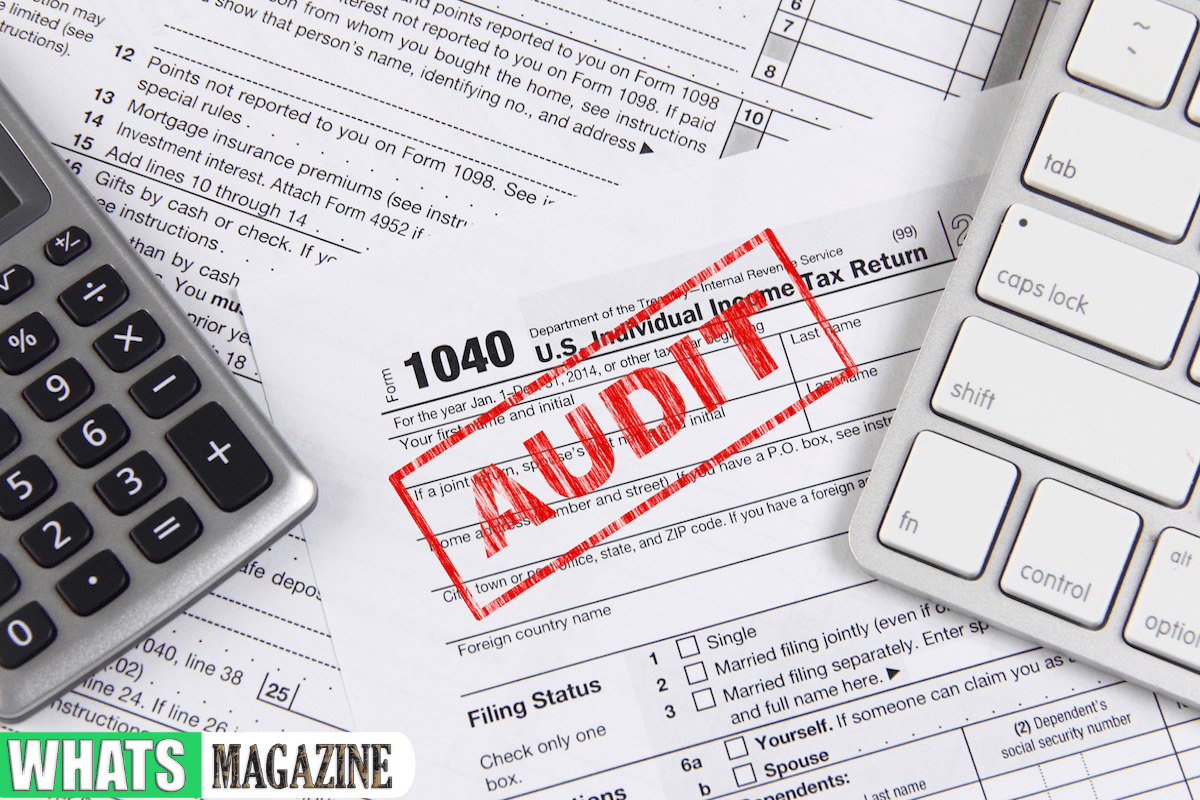The submission deadline for tax returns has passed and the IRS is in processing mode. If their internal systems flag an issue, the IRS may initiate a tax audit.
Whether you are filing business or self-employed taxes, a tax audit is a possibility if something is off with your return. A recent report said that nearly 4 out of every 1,000 tax returns are audited.
In a country as densely populated as the United States, this is a significant number. Read on to learn how to avoid IRS tax audits. Explore helpful topics such as reducing audit risk and prioritizing strong finance management techniques.
In this article
What Is a Tax Audit?
Before diving into tax audit prevention, it is important to understand what it is. A tax audit is a detailed IRS review of your filing to ensure its accuracy and compliance with U.S. tax law.
It involves a more thorough review of an individual or company’s financial accounts and expense reports. For example, you may need to provide bank statements that verify reported income. You will also have to supply supporting information for deductions and tax credits claimed.
There are a few different ways that the IRS can select tax filers for an audit. Random selection is one of those tactics and is beyond the filer’s control.
You may also be selected if IRS computer systems detect an anomaly in your filing. The IRS compares your return to what is considered a normal filing. Any large deltas may trigger an additional layer of review.
Lastly, another individual or company may be behind your audit. If you have transactions or dealings with another entity under audit, your return is more likely to follow.
What Are the Best Ways to Prevent a Tax Audit?
There are many techniques that accountants and tax professionals use to reduce the risk of a tax audit. Continue reading for four tips for preventing audits:
1. Filing Matches Tax Documentation
At the end of the calendar year, you will start receiving various tax documentation. This includes W-2 income or mortgage statements.
You need to ensure that these documents flow into your tax return. Any discrepancies may trigger an audit.
2. Accurately Report Expenses
Businesses incur significant expenses over the course of a year. They carefully track those expenses and then report them on their business taxes.
The goal is to lower a company’s tax liability by deducting some of these expenses. Failing to accurately report business expenses leaves your company vulnerable to an audit.
3. Use Tax Software
Tax software is more precise than self-filing a paper copy. It steers the user toward tax compliance and accurate reporting.
There are many different tax software products on the market today. You can visit hedgi.com to get familiar with an online product.
4. Avoid Amendments
Far too many tax filers submit amended returns. This may be a red flag to the IRS that you are prone to mistakes.
Amended returns that are 3 years or older cannot be e-filed. Instead, you will undergo a manual review by an IRS agent.
Your Guide to Avoiding Tax Audits
You are now prepared to avoid a tax audit. Accuracy and compliance are the two key tenants of tax filing.
If you prioritize these two principles, you are likely to avoid audits. If you enjoyed this article about preventing tax audits, check out our blog for more great content.











